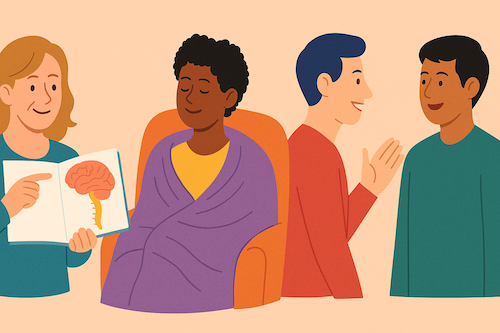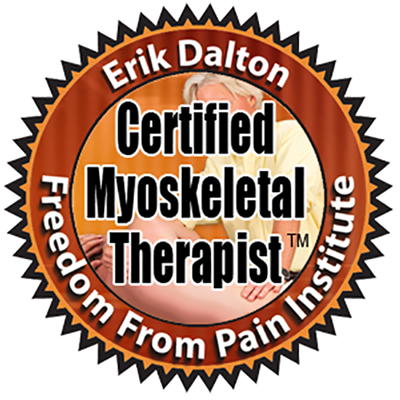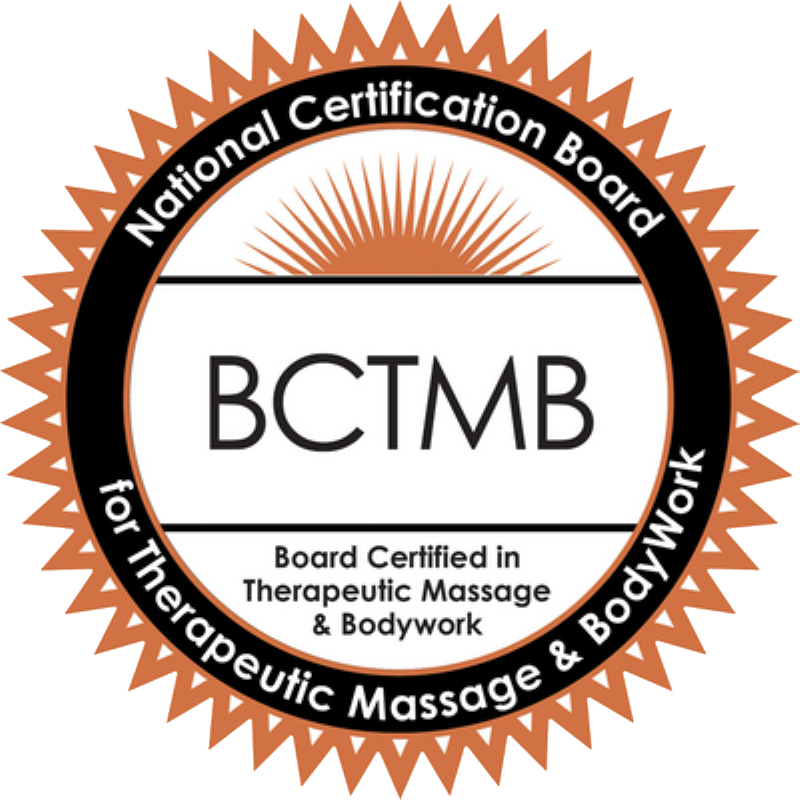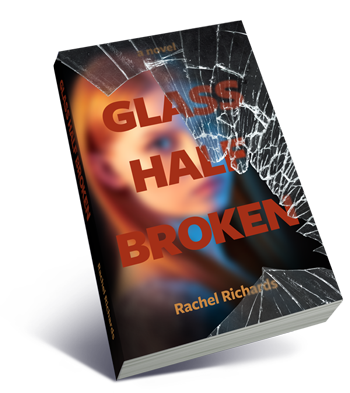News: June 2025
Surprise Your Brain to Ease Pain: Brain-Based Strategies for Lasting Relief
 Part Two of "Can You Think Away Your Pain?"
Part Two of "Can You Think Away Your Pain?"
Pain isn't something the body sends to the brain - it's something the brain creates in response to perceived threat. That's why chronic pain can persist long after the body has healed. While this doesn't mean pain is "all in your head," it does mean we can change how pain is experienced by influencing the brain's perception of safety or danger.
In Part One (read here), we explored the idea that pain is an output of the brain - not a direct measure of tissue damage. We looked at how pain is shaped by thoughts, emotions, context, and the meaning we assign to it. We also learned that over time, the nervous system becomes more efficient at generating pain, even when the original injury has resolved.
Now, in Part Two, we'll focus on what you can do. Here are practical and effective ways to help calm your nervous system and gently turn down the pain alarm:
1) Understand how pain works
Learning about why you hurt can help you hurt less!
Don't know where to begin?
Watch this enlightening and highly entertaining TED Talk by Lorimer Moseley:
Watch on YouTube
Check out two of my past newsletters:
- I Didn't Do Anything! Why Does it Hurt?
- Is Your Pain Spreading? It Might Be Your Neighbor's Fault
Explore more at PainScience.com
2) Cultivate a breathing practice
Breathing deeply and with intention can pacify your nervous system.
Try this guided breathing video
3) Create new social situations
Our nervous systems are deeply shaped by our social environments. Joining a group that relies on social interdependence - like a team, class, or creative collective - can powerfully shift how pain is experienced.
Even competitive sports, while not for everyone, can be life-changing. When teammates are counting on you, the brain often reinterprets pain as less threatening - or even irrelevant. In the context of connection and shared goals, pain becomes easier to tolerate.
4) Shower your nervous system with positive sensory input
Warm baths, cozy textures, gentle self-massage, and soothing sounds can signal safety to your brain and help reduce pain.
5) Add novelty
Try something new: massage therapy, vibration, heating pads, weighted blankets, or tingly ointments like Tiger Balm or Biofreeze. As Paul Ingraham says, "Input changes output."
6) Try a "power pose"
Adopt a posture of strength. Your emotional state - and even your pain - can shift as a result.
Read more here
The good news?
Every one of these strategies supports not just pain relief, but overall wellbeing.
Start small.
Choose one technique today and give your nervous system the nudge it needs. Your brain is always listening.
Source: PainScience.com
10 Years on YouTube: From Pain to Healing
My Story, My Mission, My Thanks!
It's been 10 years since I uploaded my very first (accidentally vertical) YouTube video. What began as a way to share "massage homework" with my clients has grown into something I never could've imagined - over 100,000 subscribers and a global community built around self-massage, healing, and compassion.
In this video, I'm reflecting on the past decade - how I went from a place of touch-deprivation and self-punishment during my years with anorexia, to becoming a massage therapist, a self-massage educator, and someone who believes deeply in the power of kindness, connection, and helping your body feel safe again.
This channel is about more than massage. It's about learning to listen to your body. It's about resilience, growth, and remembering that self-care is not selfish - it's essential!
- Thank you for being here. Here's to the next 10!
- Stick around to the end - I'm sharing some of your beautiful comments over the years.
- Includes bloopers!
- Want to learn more about my recovery story? Check out my bestselling memoir, Hungry for Life.
What's new with me ...
We had a fun and relaxing Memorial Day weekend with friends in Arlington, VA, which included live music, great food, and a tour of Lincoln's summer cottage!
Lots to celebrate - 10 years on YouTube, 16 years of marriage, and my birthday! (Not sharing that number :) )
Happy Father's Day!

Call or text me today
917-359-8641
I'd be happy to answer
any questions you have!
Massage@Rachel-Richards.com
Subscribe to my Youtube channel!
Did you know?





